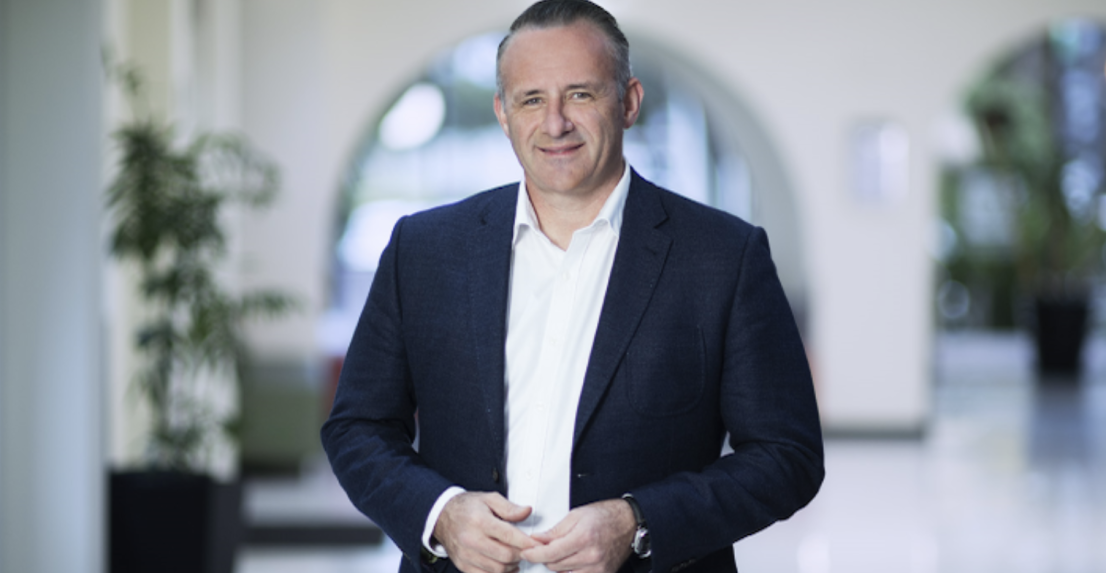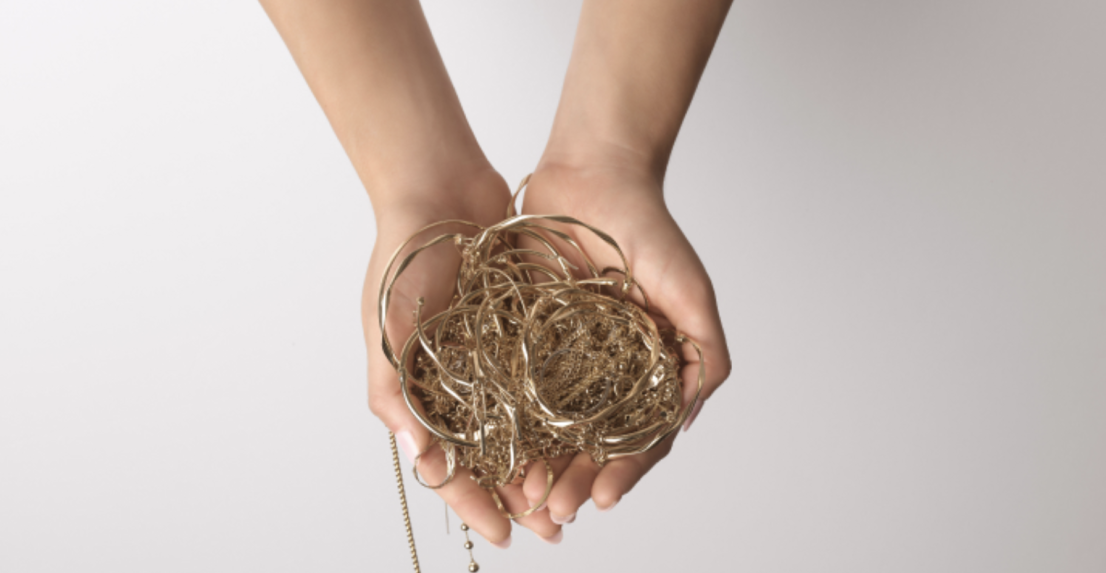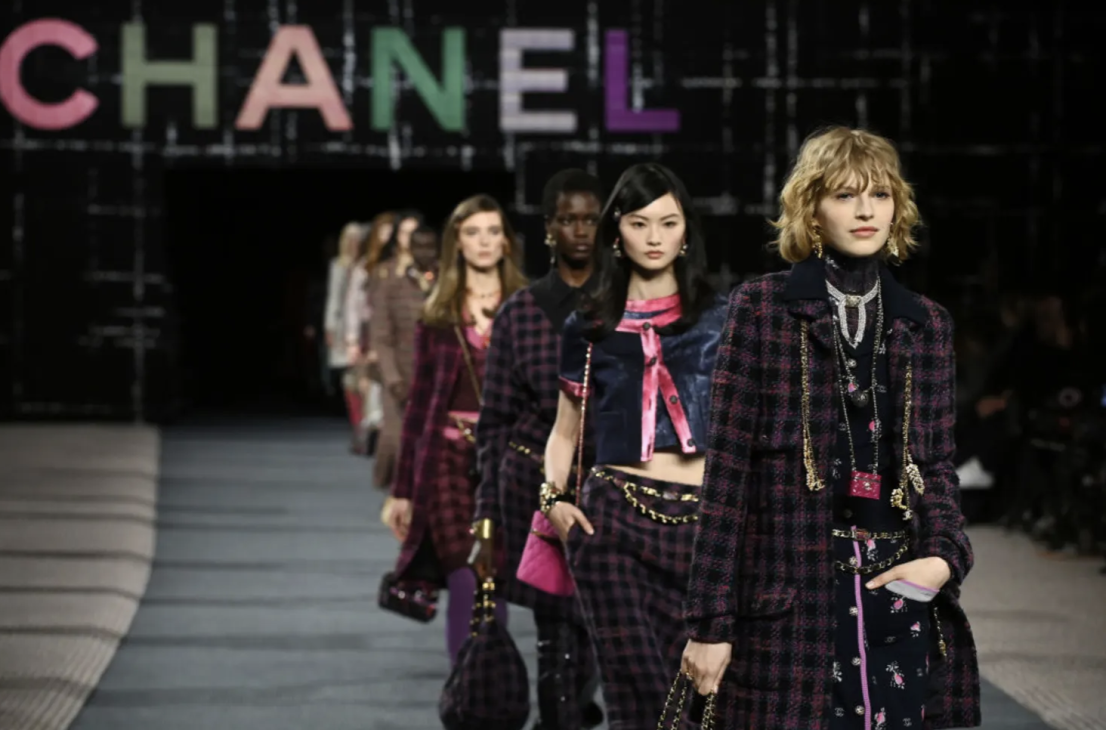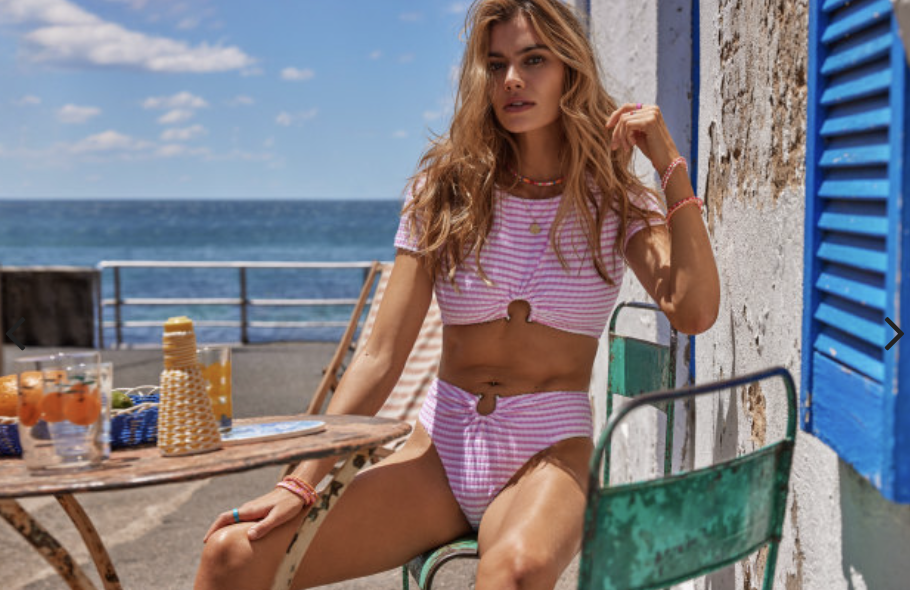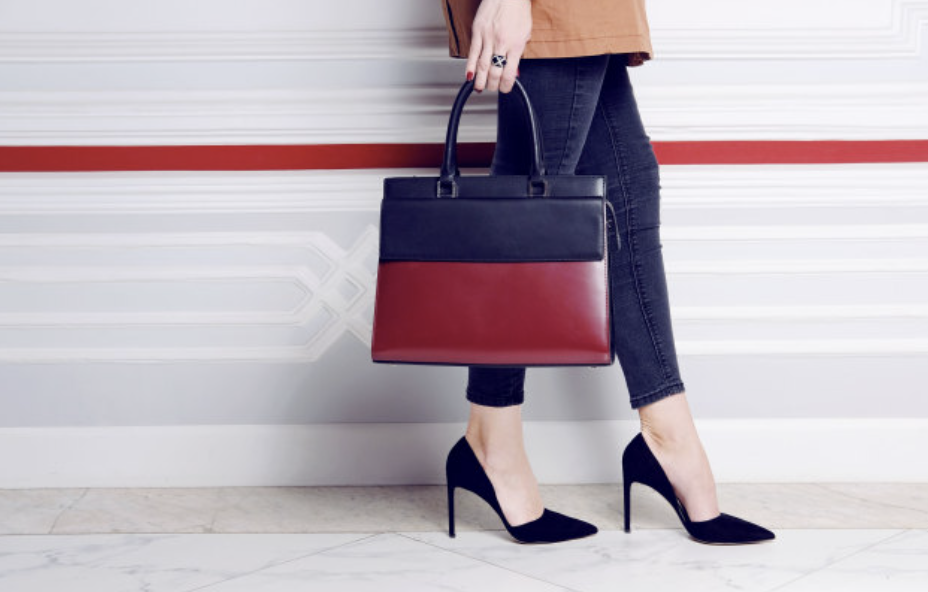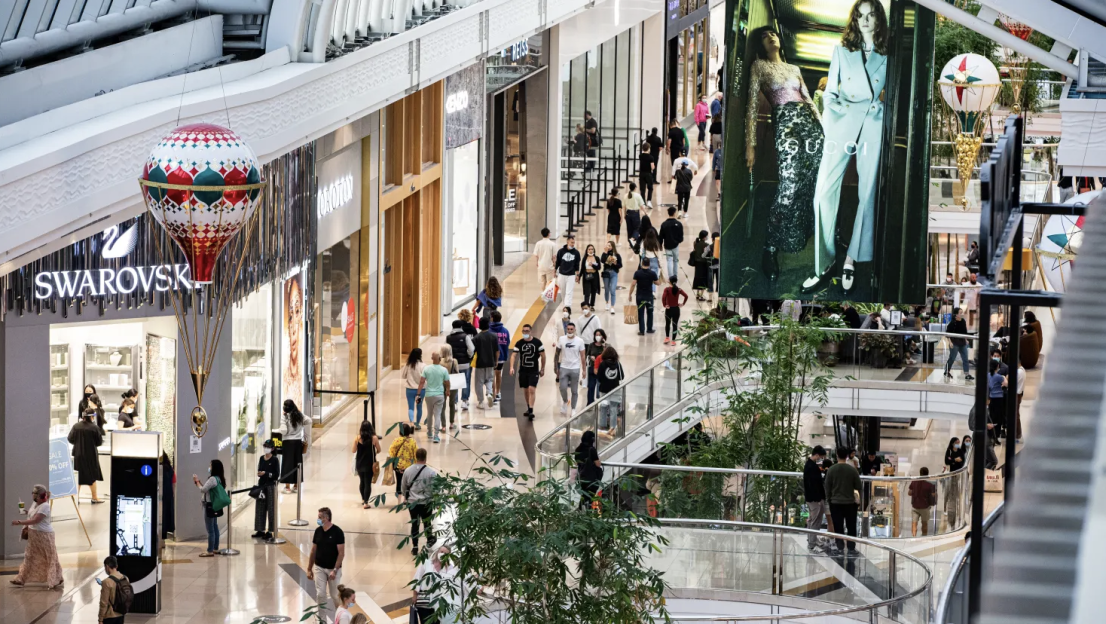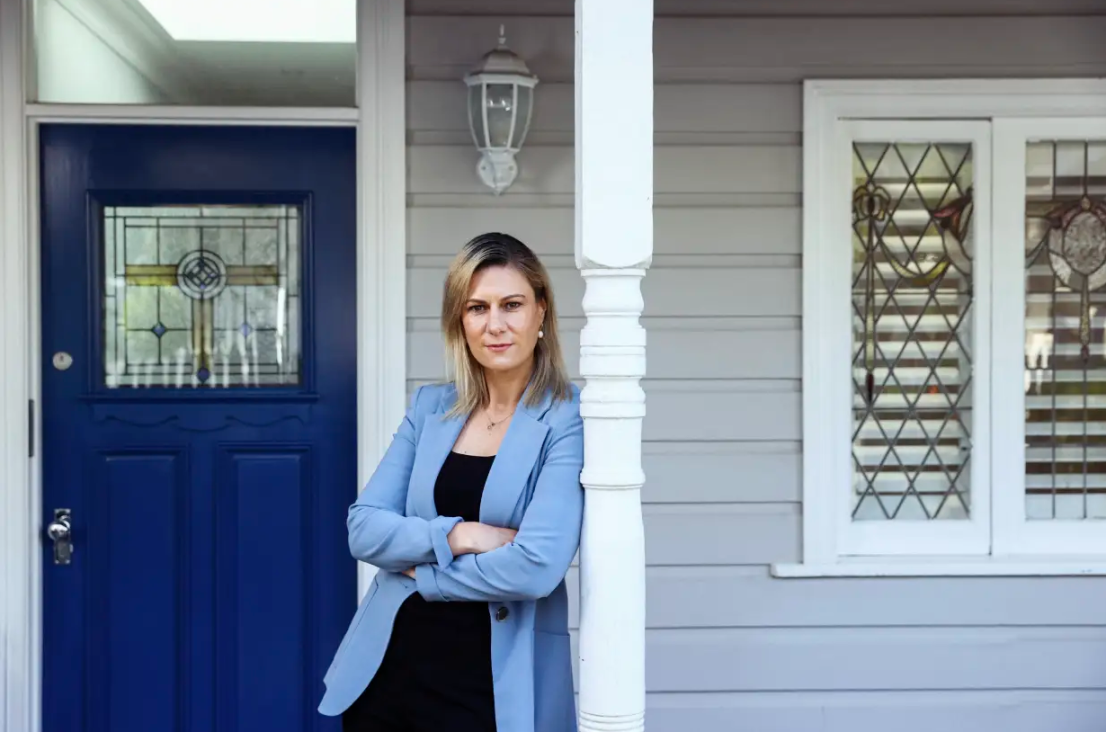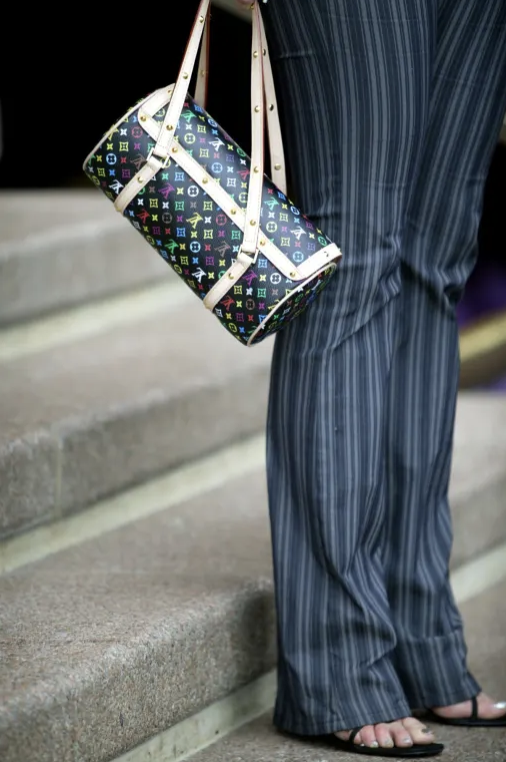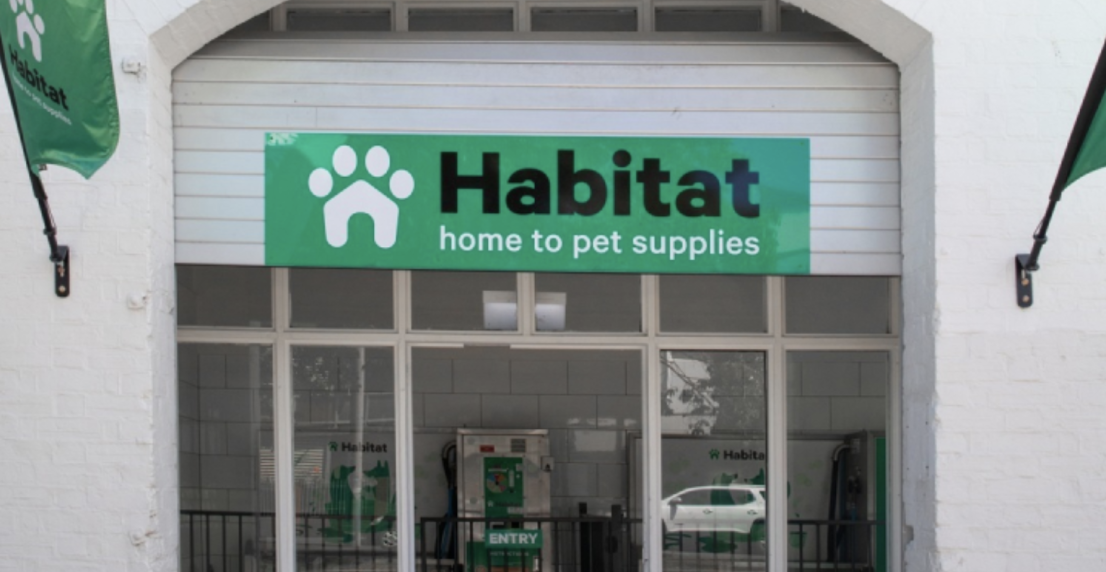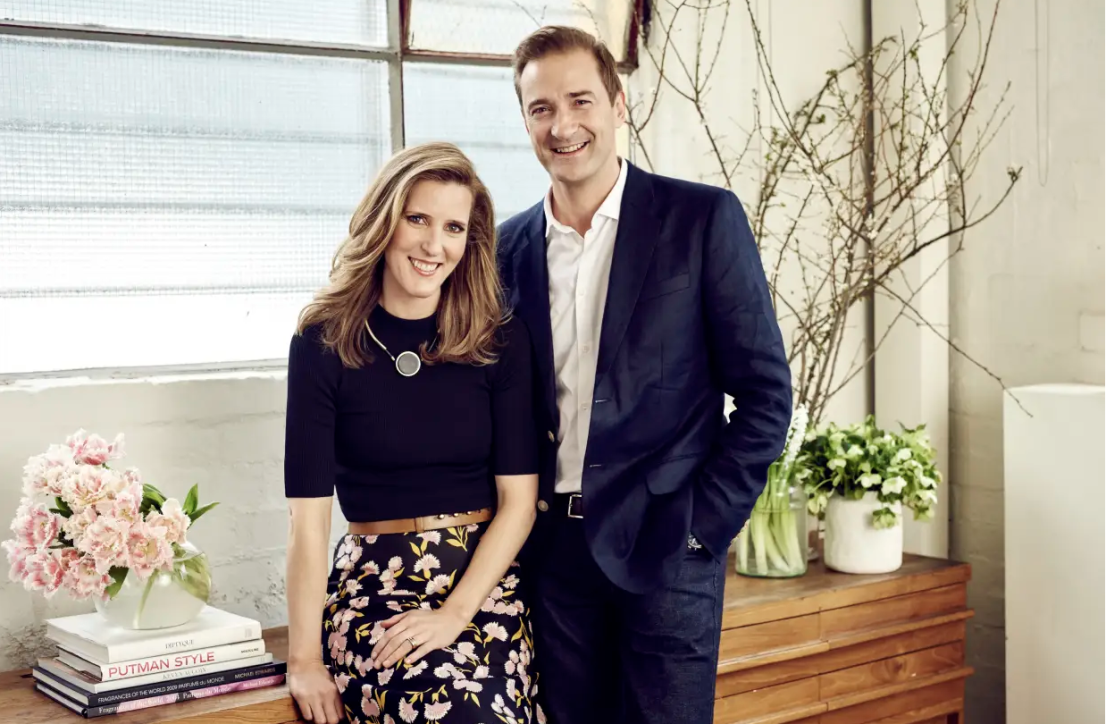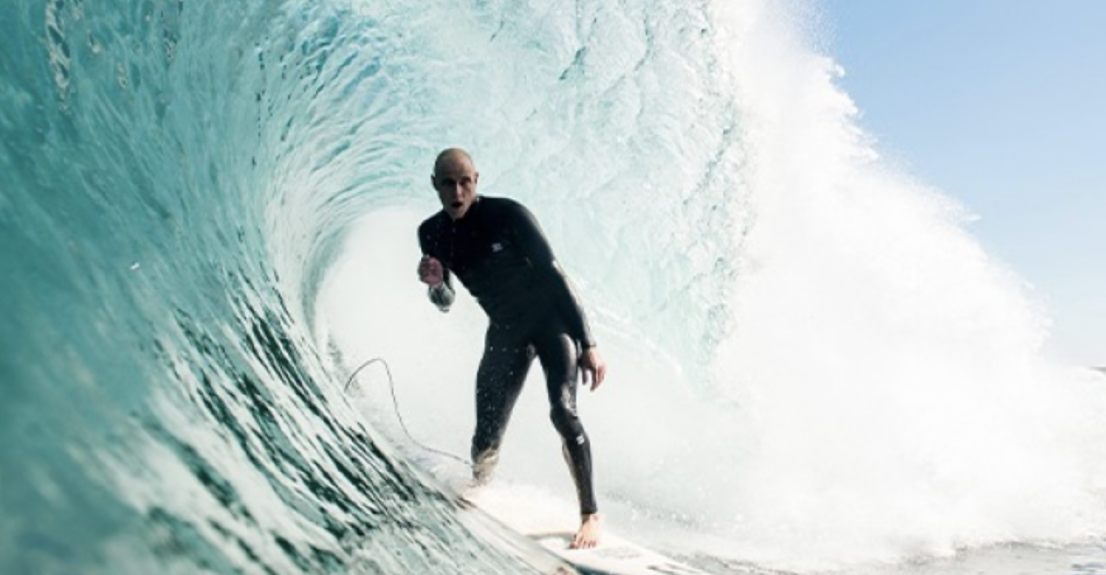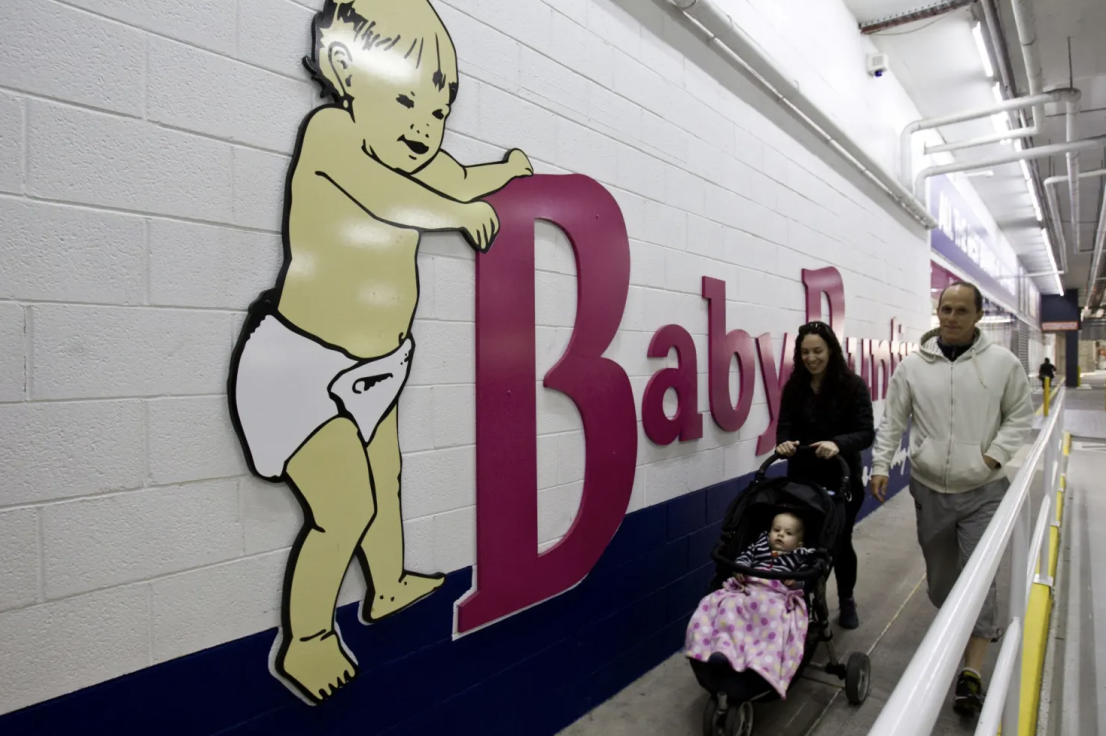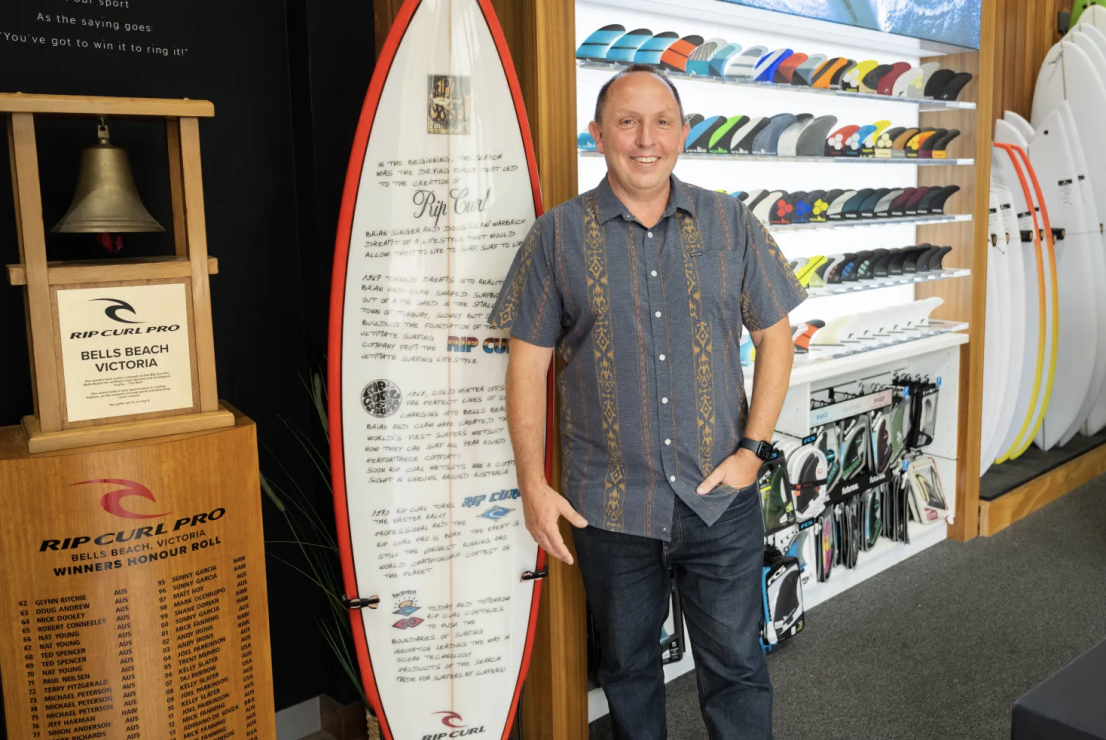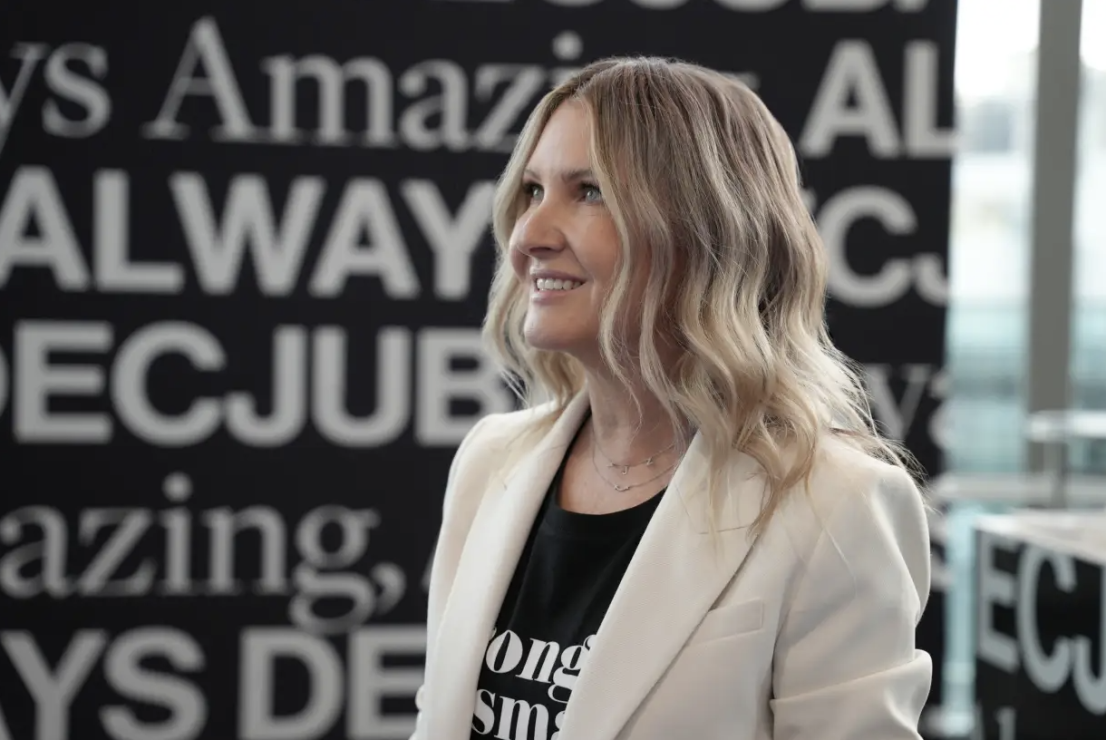
When Tania Austin walked away from Cotton On, a company she grew from just a handful of stores to a retail powerhouse alongside former husband Nigel Austin, she had three children under the age of four. She could be forgiven for taking time out to regroup.
Instead, she bought five women’s fashion stores under the Decjuba (pronounced De-Cuba) banner, throwing herself into the business that 15 years later is one of the country’s most successful retailers.
Boasting 140 stores across Australia and New Zealand, it’s turning over more than $170 million a year. Her success has made her a fixture on the Financial Review Rich List.
Austin, who’s held a job ever since she was 12 years old when she’d lick stamps and send envelopes with concert tickets at Perth’s former Entertainment Centre, tells The Australian Financial Review’s Female Founders podcast that she was given a rare moment to figure out what she wanted to do with her life. And working was critical.
“I thought, ‘what sort of role model do I want to be for my children?’ And what are the role models I’ve had around me, and particularly female ones? I’m going to be a single mum for the foreseeable future. What do I want that to look like?” she says on the podcast.
“And I think that, for me, working was really a big part of that puzzle. I wanted my children to know that I am many things, a mother being one of them, and that it’s important that they could see that I had other aspects to me and that they know growing up that that’s the life they can choose as well. They can bring to the surface whatever they want to be as well.”
She jokes that at first she thought she could get away with working one day a week, a Monday, after buying Decjuba. Afterall, it was just five stores and when she’d left Cotton On it had 400.
But in reality, it was never a one-day a week gig. “It became all consuming because the passion is no different regardless of if there’s one store or 400 stores. The passion, the energy, the ideas and what you want to do is still the same.”
Austin grew up in the working-class Perth suburb, Warwick. She studied psychology at The University of Western Australia, before moving to Melbourne to build Cotton On. In the early days, it was all hands on deck – she was sweeping floors, buying and unpacking stock and driving it to stores.
These days, Austin is pushing the limits, challenging her 165-strong head office team (plus more than 2,000 people employed across the store network) in the pursuit of growth. Businesses need clarity of vision, she says.
For her, it took four to five years to nail down a simple strategy. “Make our customers look and feel amazing.”
“Once we had settled on that everything else became so much easier. I want our customer to look and feel amazing, so now how do we do that? So, how do you stay focused, how do you make sure Plan A is right? It is having something like that, that is so crystal clear, that you can continually come back to it.”
Growth has come with a razor sharp focus on the company’s bottom-line and operating with a small business mindset.
“We have never grown at a rate faster than we can finance,” she says.
“There’s been a huge discipline about that. But what it has meant is that when we’re doing those leasing deals, there is not an extra cent to give, there just isn’t.
“In many ways, we have quite a small business mindset in the way we operate. We don’t look for the flashy option. We’ve never spent on marketing along the way. I’m a big believer in that the brand, and the product need to stand on its own two feet. We’ve never spent money that we’ve never had.”
‘Do you. You’re going to be judged anyway’
That doesn’t mean the 51-year-old isn’t a risk-taker. During the depths of the pandemic, when her fellow retailers were riddled with fear and pulling back, she doubled-down.
“Lots of retailers were closing down and I saw that as an opportunity to go and open stores and double the footprint of our stores. The team were really nervous about that. I had to push them on that and challenge them and explain the ‘why’ behind it.
“I often consider the business as a three P business. We’ve got product, which is obviously what we produce, we’ve got our people, which is incredibly important. And then we have our property. There was just a huge opportunity through that time, while everyone was sort of thinking they needed to shut stores. It was going to go one of two ways. The world was imploding, or there was going to be a recovery at some point. And life was going to emerge in a different way, but it was going to happen.”
A retail career spanning three decades has given Austin plenty of perspective. She tells the Female Founders podcast if she could go back 15 years to when she started she would tell herself, “do you”.
“You’re going to be judged anyway, whether you’re divorced or single, have three children or no children, have a business or not have a business,” she says.
“Who I am, how I show up, what I do and what’s important to me, is what I would tell myself to focus on because you’re going to be judged whatever you do.”
The other thing she’d tell herself is something she thinks gets easier to do as you get older, so it would have be good to hear it when she was younger: “Embrace change.
“I see it time and time again that people just get caught in doing things because they’ve done them and not challenging it.
“Some of the greatest things that have happened in my life wouldn’t have happened if I kept doing things the same way.“
